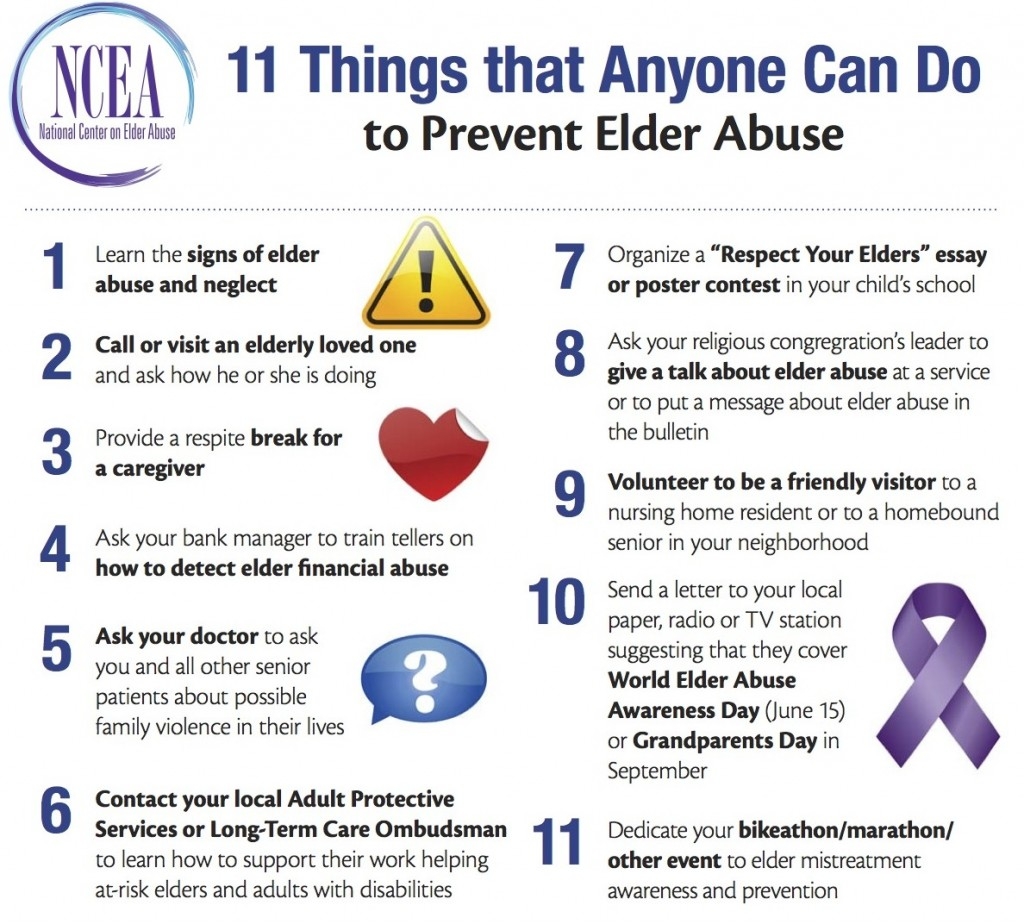If you believe you or a loved one have been the victim of identity theft, financial scam or other form of elder abuse, please contact the Southfield Police Department at (248) 796-5500.
What is Elder Abuse?
Elder abuse (also called "elder mistreatment", "senior abuse", "abuse in later life", "abuse of older adults", "abuse of older women", and "abuse of older men") is "a single, or repeated act, or lack of appropriate action, occurring within any relationship where there is an expectation of trust, which causes harm or distress to an older person." This definition has been adopted by the World Health Organization (WHO) from a definition put forward by Action on Elder Abuse in the UK. Laws protecting the elderly from abuse are similar to and related to laws protecting dependent adults from abuse.
It includes harms by people the older person knows, or has a relationship with, such as a spouse, partner, or family member; a friend or neighbor; or people that the older person relies on for services. Many forms of elder abuse are recognized as types of domestic violence or family violence since they are committed by family members. Paid caregivers have also been known to prey on their elderly patients.
While a variety of circumstances are considered elder abuse, it does not include general criminal activity against older persons, such as home break-ins, "muggings" in the street, or "distraction burglary," where a stranger distracts an older person at the doorstep while another person enters the property to steal.
The abuse of elders by caregivers is a worldwide issue. In 2002, WHO brought international attention to the issue of elder abuse. Over the years, government agencies and community professional groups, worldwide, have specified elder abuse as a social problem. In 2006 the International Network for Prevention of Elder Abuse (INPEA) designated June 15 as World Elder Abuse Awareness Day (WEAAD), and an increasing number of events are held across the globe on this day to raise awareness of elder abuse and highlight ways to challenge such abuse.
Senior COVID-19 Financial Fraud Prevention
The U.S. Department of Health and Human Services Office of Inspector General is alerting the public about fraud schemes related to the novel coronavirus (COVID-19).
Scammers are offering COVID-19 tests to Medicare beneficiaries in exchange for personal details, including Medicare information. However, the services are unapproved and illegitimate.
Fraudsters are targeting beneficiaries in a number of ways, including telemarketing calls, social media platforms, and door-to-door visits.
These scammers use the coronavirus pandemic to benefit themselves, and beneficiaries face potential harms. The personal information collected can be used to fraudulently bill Federal health care programs and commit medical identity theft. If Medicare or Medicaid denies the claim for an unapproved test, the beneficiary could be responsible for the cost.
Protect Yourself
- Beneficiaries should be cautious of unsolicited requests for their Medicare or Medicaid numbers.
- Be suspicious of any unexpected calls or visitors offering COVID-19 tests or supplies. If your personal information is compromised, it may be used in other fraud schemes.
- Ignore offers or advertisements for COVID-19 testing or treatments on social media sites.
- A physician or other trusted healthcare provider should assess your condition and approve any requests for COVID-19 testing.
- If you suspect COVID-19 fraud, contact National Center for Disaster Fraud Hotline (866) 720-5721 or disaster@leo.gov.
For more information or to make a national report, visit ic3.gov, tips.fbi.gov, or call 1-800-CALL-FBI.
